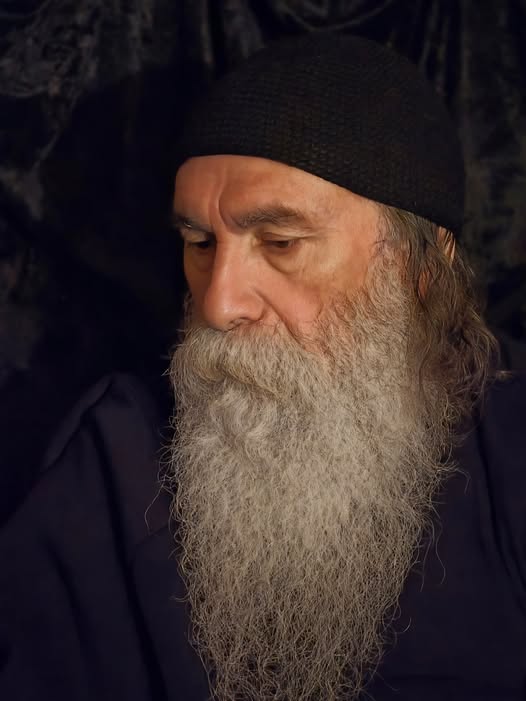“The occurrence of the sacred does not obey fixed locations. It is not distributed according to hierarchies or established by law or decree. It often bursts forth discreetly. It does not require grand gestures, but rather spaces of reception. A phrase that resists interpretive closure, a disarming glance, a silence that imposes itself without intention. In such moments, no certainty is imposed: what emerges is a more precise question. The sacred offers no solutions. It unsettles, it does not close; it leaves a crack open. It does not come to fill a void or complete a lack. It makes audible what the usual abundance had stifled. If something legitimately transcendental happens, it does not reside in a realm separate from ordinary life. There is no sharp cut between what counts as profane and what is considered exceptional. The spiritual is nothing more than a different way of inhabiting the same. To be without hardening, to resist the temptation to turn the other into a function and the self into a shield. To know that the body, time, even what we think we have understood, are not properties that belong to us, but realities entrusted to us for a time. And responding to that with an ethic of care, not with possessive attachment.
There are no predetermined routes, predetermined paths, or pre-established trails. Not because of a lack of directions, but because the itinerary is drawn as we go along; “the path is made by walking,” said the poet. The signs and signals, far from being spectacular, are subtle. A slight interruption in the continuity of discourse. A note that breaks the predictability. A sense of presence that cannot be articulated. They are not external: they arise from the transformation of the way of being. The world does not change; what changes is the willingness to receive it.
To seek, then, is not to be lost. It is to remain faithful to what has not yet been achieved. The impossibility of determining or naming what is desired does not mean that it is absent. Sometimes, the absence of definitions and nomenclatures preserves the possibility of encounter. Because faith—if one still accepts the use of that term—is not adherence to an immutable answer, but the decision to remain with the question without betraying it. To search without pretense, without shortcuts, without protective formulas: that is, perhaps, the most rigorous form of inner integrity.”
Prabhuji




